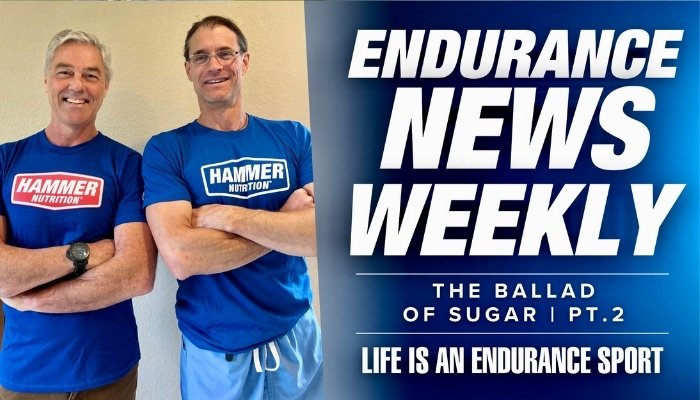
New dietary suggestions a step in the right direction
By Brian Frank
The U.S. government, through the Department of Health and Human Services and USDA, has released its 2015-2020 Dietary Guidelines for Americans. Certain of these new guidelines address sugar intake and - together with the recently proposed changes to the Nutrition Facts panels - they are most definitely a step in the right direction toward getting Americans to reduce their chronic, excessive sugar consumption.
The new guidelines urge one to limit daily "added sugars" to 10% of total caloric intake. This would go hand in hand with the FDAs proposed Nutrition Facts panel revisions that would require "added sugars" to be listed separately from naturally occurring sugar content. (The changes to the Nutrition Facts were proposed in April 2014 and reintroduced this past summer, but they remain a proposal as of this date.) This certainly would be the most profound of the suggested nutrition changes, much of which is not really new, as they still contain the same old recommendation that overemphasizes whole grains (aka wheat) and dairy, but I digress.


As some have pointed out, the government's newest dietary guidelines that Americans reduce sugar intake is not new. But putting the 10% number to it is an improvement, albeit a slight one. According to their research, the average American consumes more than 13% of their calories from added sugar, so a reduction to 10% would be great.
Doing some quick math, limiting added sugar intake to 10% of total calories would equate to a total intake of about 40 pounds of sugar per year for those who consume 2,000 calories daily, and 60 pounds of sugar per year for those who consume 3,000 calories daily. Since the USDA previously reported that the average American consumes 150 to 170 pounds of refined sugar per year, reducing that intake by two-thirds would be a huge improvement.
So credit where due, kudos to the USDA (Dietary Guidelines) and FDA (proposed Nutrition Facts labeling) for suggesting such radical updates. I really hope that the proposed update to the Nutrition Facts panel will be adopted, but I imagine that the food lobby will have something to say about it. By separating out the naturally occurring sugars from the added sugars, consumers can make better buying decisions. In our case, it would be a good way for clients to easily determine the difference between our products and the sugar-based ones.
Looking at the proposed panel, you might see 27 grams of carbs, 2 grams of sugar, and 0 grams of added sugar for a Hammer fuel, while a sugar-based competitor's product would have to list 25 grams of carbs, 25 grams of sugar, and 25 grams of added sugar! I'm pretty sure they wouldn't like that. When we consider that high-sugar diets cause insulin resistance, hypoglycemia, type 2 diabetes, and about 150 other ailments, drastically reducing your daily sugar intake should be more than a suggestion or guideline. It should be a requirement.
What You Can Do
The potential consequences of sugar overload include cardiovascular disease, many cancers, diabetes, weight gain, Alzheimer's disease, and tooth decay. You can read more about the health problems linked to sugar consumption in the book Suicide by Sugar by Nancy Appleton, Ph.D.
Also, in addition to avoiding refined sugar in your daily diet, be sure to read the labels of your sports nutrition products. Fructose, sucrose, glucose, and dextrose are simple sugars that can hurt athletic performance, cause digestive distress, and have long-term health consequences. For quality, long-lasting energy without the dangerous side effects, choose a maltodextrin-based fuel such as HEED sports drink, Hammer Gel, or Perpetuem. They contain only complex carbohydrates and natural sweetenersno added simple sugars, artificial colors, or artificial sweeteners.
"By separating out the naturally occurring sugars from the added sugars, consumers can make better buying decisions. In our case, it would be a good way for clients to easily determine the difference between our products and the sugar-based ones."









